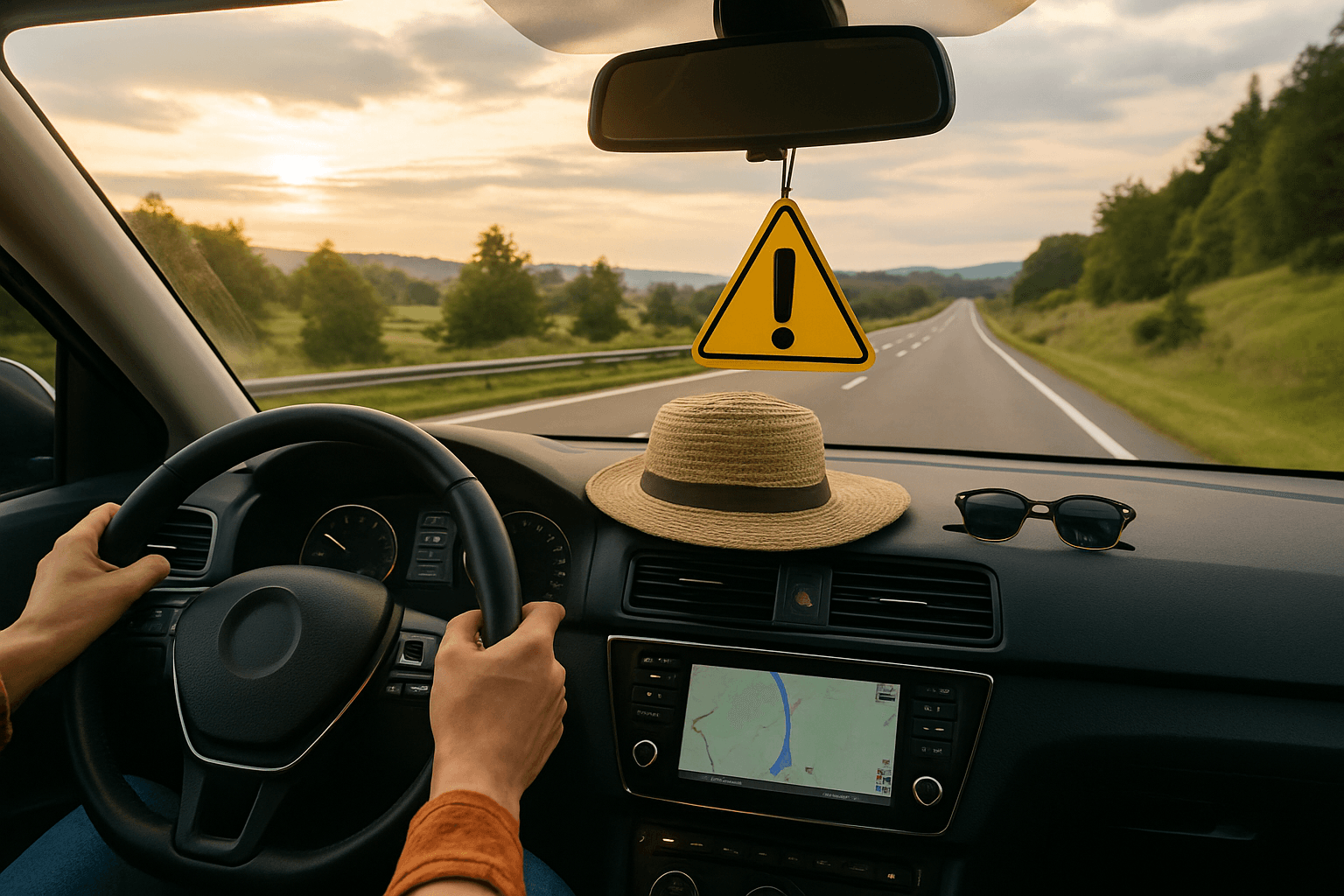Road trips offer a unique sense of freedom—the open road, changing landscapes, and the flexibility to explore at your own pace. But along with the excitement comes responsibility. Safety should never take a back seat, especially when covering long distances and unfamiliar terrain. Whether you’re heading out for a weekend getaway or a cross-country adventure, a few thoughtful precautions can make all the difference.
Prepare Your Vehicle Before You Leave
Before any road trip, a basic vehicle inspection is essential. Check your tire pressure, tread depth, oil level, brake fluid, and windshield wipers. Make sure all lights and signals are working properly. A fully stocked emergency kit—complete with jumper cables, a flashlight, basic tools, and a first-aid kit—should always be in your trunk. If your vehicle hasn’t been serviced recently, a quick visit to a mechanic can help prevent breakdowns.
Plan Your Route, But Stay Flexible
Mapping out your route in advance can help you avoid high-traffic areas, road construction, or hazardous conditions. While GPS apps are great for real-time updates, having a paper map or a downloaded offline map is smart in case of limited service. Let someone know your general route and estimated arrival times—especially if you’re traveling alone or to remote locations.
Know the Weather and Drive Accordingly
Weather can shift quickly, especially if you’re traveling across different regions. Check the forecast not just for your destination but for the entire route. Rain, snow, or extreme heat can all pose different risks. Adjust your driving habits accordingly—slow down in rain or fog, maintain greater distance in icy conditions, and stay hydrated in high heat.
Stay Alert Behind the Wheel
Long stretches of driving can be tiring. Take breaks every two hours or 100 miles to stretch, hydrate, and rest your eyes. If you’re traveling with others, share driving responsibilities. Avoid driving at times when you’d normally be asleep. Drowsy driving can be just as dangerous as distracted or impaired driving.
Avoid Distractions
Texting, phone calls, adjusting music, and even eating while driving can all divert your attention from the road. Set your GPS and music before departing, and pull over if you need to check your phone or grab a snack. Hands-free devices can help, but mental distractions still reduce focus—keep conversations calm and distractions minimal.
Pack Smart and Light
Distribute weight evenly in your vehicle and avoid overpacking, especially on the roof, which can affect stability. Keep essential items like water, snacks, medications, and important documents within easy reach. In case of emergencies, it helps to have a flashlight, extra phone chargers, and blankets on hand.
Stay Informed and Aware
Keep your fuel tank at least half full, especially in rural areas where gas stations might be sparse. Pay attention to road signs, especially in unfamiliar states or countries where laws and speed limits may differ. Stay aware of your surroundings at rest stops and parking lots—especially at night or in isolated areas.
Respect Your Limits
Road trips should be enjoyable, not exhausting. Don’t try to cover too many miles in one day. Driving under pressure to reach a destination quickly increases risk. Leave room in your schedule for detours, delays, and downtime.

